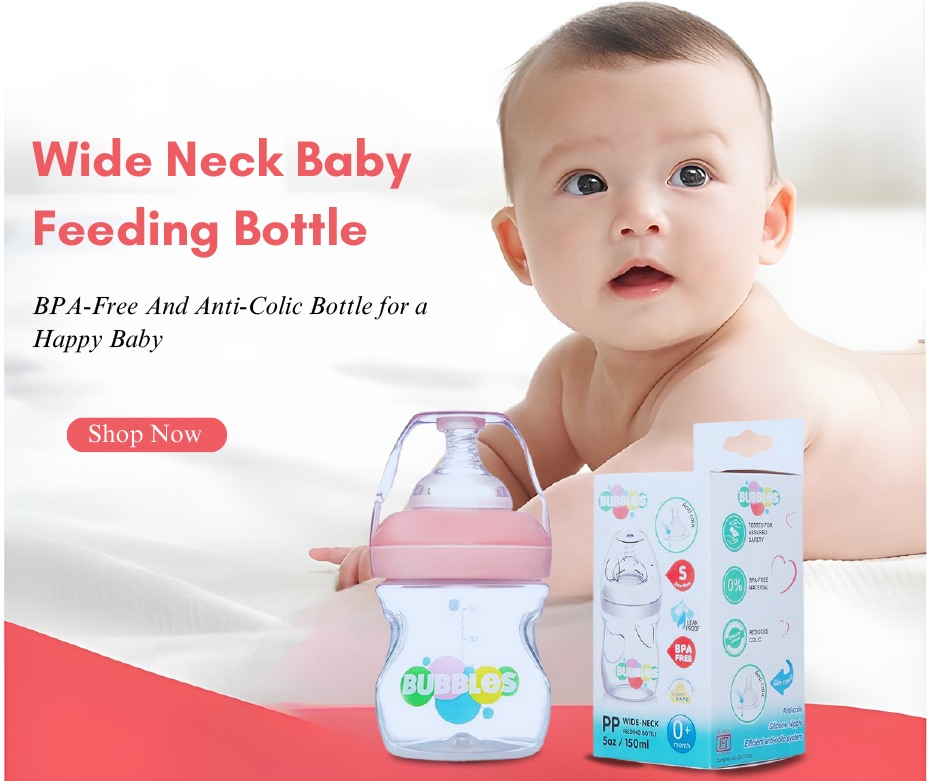Story Content
It has been observed in the study that mostly new moms experience postpartum after childbirth which includes commonly anxiety, mood swings and sleep difficulty, whereas some new moms experience these symptoms long lasting and more severe in their life.
Researchers examined recently how relationships and partner behavior are linked to depression and heart rate variability (HRV) in women between the third trimester of pregnancy and one year postpartum.
The study published in the journal ‘Psychoneuroendocrinology’.‘ to study the "Longitudinal changes in HRV across pregnancy and postpartum: Effect of negative partner relationship qualities". The research was led by Rice University, Ohio State University and the University of California, Irvine.
According to Lisa Christian, associate professor of psychiatry and behavioural health, at Ohio State University and a co-author of the study, the quality of relationship with partner affects one’s mental health , biological health and physiology to very large extent and this occurs due to significant changes physically, mentally, socially and interpersonal lives at this time.”
- The researchers used the Positive and Negative Quality in Marriage Scale to measure negative relationship qualities.
- They also used Center for Epidemiologic Studies Depression Scale to evaluate the mental health.
- They monitored HRV during regular check-ins with the study participants throughout the first year postpartum.
The researcher founds:
HRV naturally drops during pregnancy.
Postpartum women with poor relationships with their spouses or partners were more likely to have the symptoms of depression. These were linked to HRV, that was more likely to remain low in pregnancy.
Based on the above observation, Ryan Linn Brown, a Rice psychology graduate student and lab researcher said that, HRV has a significant link to long-term health and wellness. Brown also said that high HRV is good in the body which help to deal with stress and recover from it, whereas low HRV makes the body incapable of managing stress, and according to the previous research, poorly managed stress can put you at greater risk of health problems.
Researchers hope that these findings will support in the development of mental health interventions that will help postpartum women to live healthier lives.






Comments
Add a Comment:
No comments available.